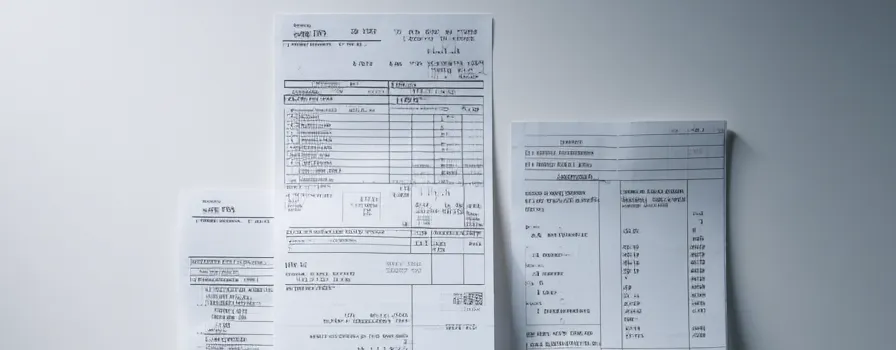
5 min read
PayrollHow Payroll Affects Employee Retention (Yes, Really)
Payroll impacts retention more than you think. Discover how late checks, errors, and poor systems erode trust—and how Cadence helps you keep great employees.
Founder

Payroll often lives in the “set it and forget it” category for small business owners. You’ve got a system in place, checks are going out, and nobody’s complained—so it must be working, right?
Not always.
At Cadence HCM, we work with business owners every day who think payroll is handled—until a surprise tax notice, compliance issue, or unhappy employee shows otherwise.
Let’s bust the 5 most common payroll myths that put small businesses at risk and show you what actually matters when it comes to getting payroll right.
Many business owners think once payroll software is set up, it’ll automatically handle everything—from taxes to compliance.
Payroll software is a tool, not a solution. It doesn’t know if you entered the wrong pay rate, missed a garnishment, or forgot to classify someone as an employee vs. contractor. And unless you’re keeping up with tax law changes, the software might not either.
The Risk:
What To Do:
Pair your software with expert oversight—or choose a partner like CadenceHCM who reviews and validates every payroll run.
Paying people on time is critical—but it’s not the only requirement.
You also need to withhold and deposit taxes correctly, file federal and state payroll forms, manage employee classification, and maintain wage/hour compliance.
The Risk:
Even if employees are happy, the IRS and Department of Labor won’t be if your filings are off or your employee types (exempt vs. non-exempt) are misclassified.
What To Do:
Use a checklist or hire a provider that makes sure you’re compliant behind the scenes—not just issuing checks.
Many business owners assume that if they issue a 1099, they don’t need to worry about how often contractors work or what they do.
If the IRS or a state agency determines your contractor is functionally an employee, you could be responsible for back wages, taxes, and penalties.
The Risk:
What To Do:
Review how much control and direction you have over contractors. If it walks like an employee and works like one—it probably is.
It’s easy to think one error—one missed tax payment or underpayment—isn’t a big deal.
The IRS sees things differently. Penalties for late payroll tax deposits start at 2% and increase to 15%, even for small errors. And employees remember paycheck issues longer than you'd like.
The Risk:
What To Do:
Build in a final payroll review before every filing. At CadenceHCM, we double-check every run to avoid these headaches for you.
Many business owners think compliance issues only affect big corporations.
Small businesses are often more likely to be targeted by audits—because they’re assumed to lack robust processes or professional oversight.
The Risk:
What To Do:
Have clear payroll records, audit trails, and professional guidance. Being small isn’t a free pass—it’s a reason to be buttoned up.
Payroll may not be flashy, but it’s one of the most important functions in your business. If you’re operating under outdated beliefs or assumptions, you might be one mistake away from fines, backpay, or employee turnover.
At Cadence HCM, we’re here to help small businesses move from “I think it’s fine” to “I know it’s right.”
We give you:
We’ll help you sort fact from fiction and set up a system that actually works.
Keep reading. Never stop learning.

5 min read
PayrollPayroll impacts retention more than you think. Discover how late checks, errors, and poor systems erode trust—and how Cadence helps you keep great employees.
Founder

4 min read
PayrollAvoid IRS penalties and employee frustration with these 4 simple tips to keep your payroll on time, every time.
Founder

5 min read
PayrollIf you’re still managing payroll with spreadsheets, handwritten notes, or manually entering everything into a basic accounting tool—you’re not alone.A...
Founder